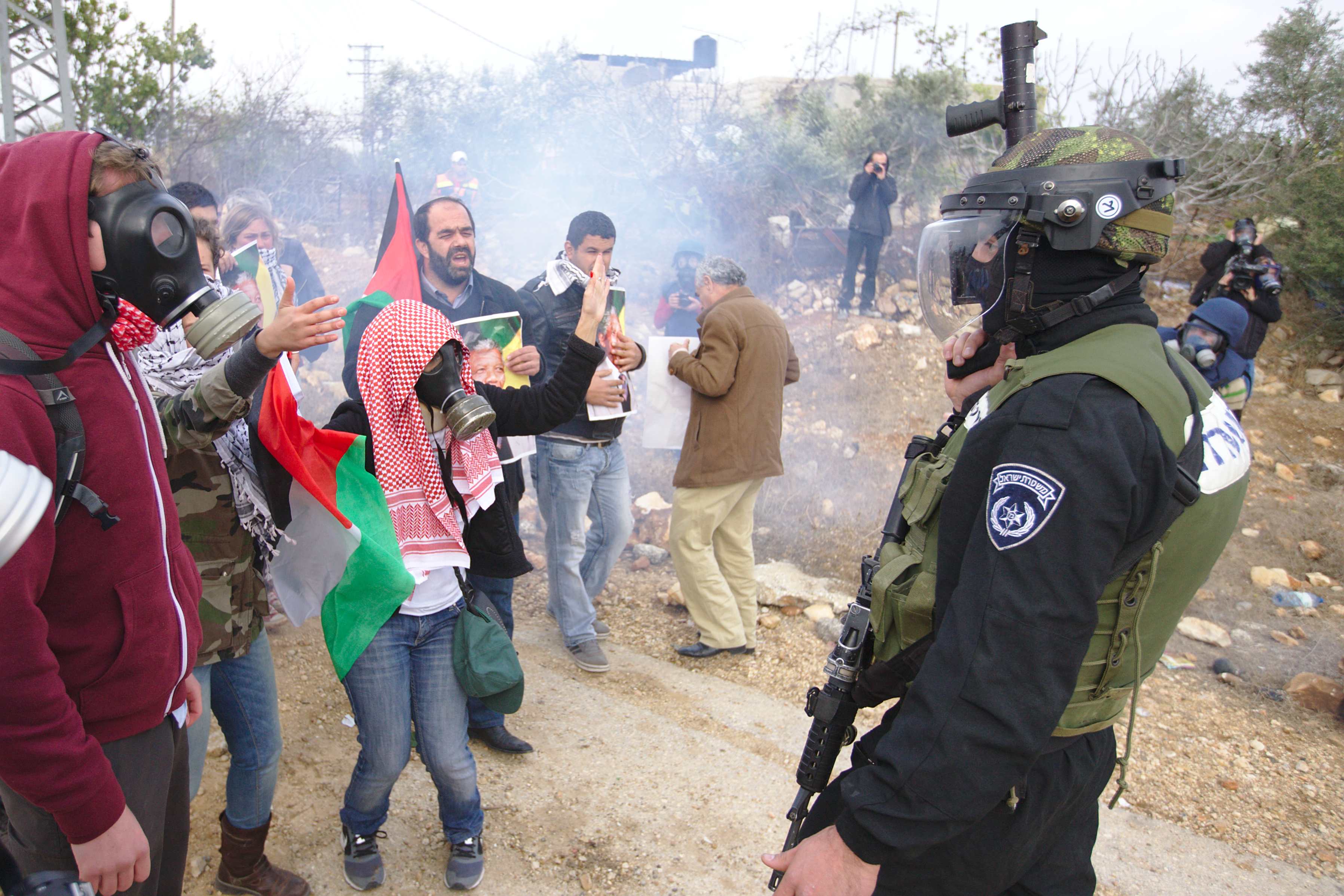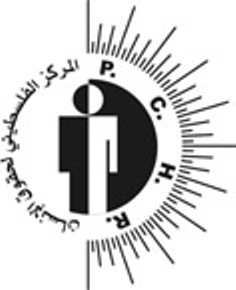Year: 2013
-
Photos: A visit to the Gaza fish auction
10th December 2013 | International Solidarity Movement, Charlie Andreasson | Gaza, Occupied Palestine Gaza’s fish action brought back memories from both my time as a fisherman and my work in the port of Gothenburg. There was the same crowding around the neat rows of boxes, filled with different types of fish and shellfish, the auctioneer’s pad…
-
Three people detained and several people injured during demonstration in Nabi Saleh
8th December 2013 | International Solidarity Movement | Nabi Saleh, Occupied Palestine Yesterday, the village of Nabi Saleh held an event to commemorate the deaths of Mostafa and Rushdi Tamimi. It is the second year anniversary of the death of Mostafa who was killed during a demonstration. The 7th of December also marks 26 years since…
-
In an excessive use of force, Israeli forces kill Palestinian child in al-Jalazoun refugee camp, north of Ramallah
8th December 2013 | Palestinian Centre for Human Rights| Occupied Palestine According to investigations conducted by the Palestinian Center for Human Rights (PCHR), at approximately 16:30 on Saturday, 07 December 2013, dozens of Palestinian children gathered at the southern entrance of al-Jalazoun refugee camp, north of Ramallah, near the UNRWA school, nearly 300 meters from the…



